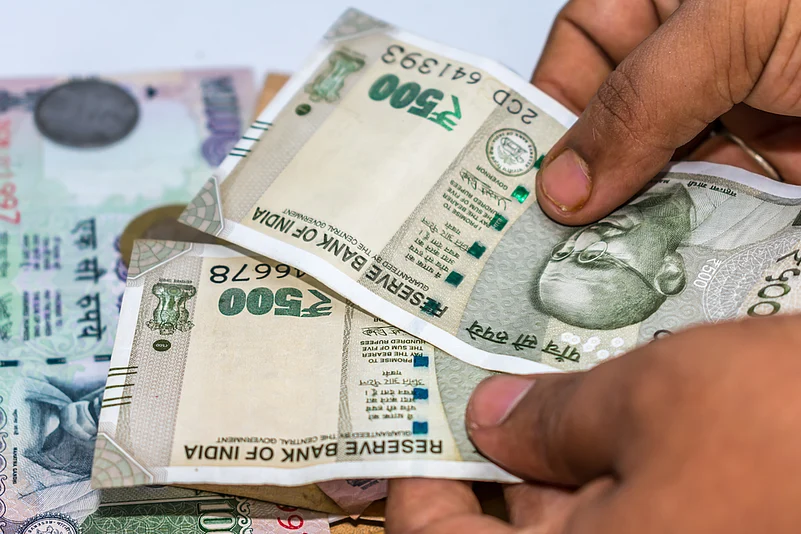With increasing Covid-19 cases and the resultant restrictions in movements imposed by many states, the microfinance industry is likely to see an impact on their collections and may continue to witness asset quality pressures in the near term, says a report.
However, good on-balance sheet liquidity and sizeable provisions created by most of the Microfinance Institutions (MFIs) in 2020-21 will provide a cushion to them for absorbing further shocks, Icra Ratings said in a report on Tuesday.
"Asset quality pressures for the microfinance industry to continue in the near term amid the rising Covid-19 infections and localised restrictions/ lockdowns," the agency's vice president and sector head (financial sector ratings) Sachin Sachdeva said.
He said the restrictions in movement imposed by several states are creating disruptions in the economic activities and impacting the field operations of MFIs.
Though some states have classified the microfinance industry under essential activity, the cash flows of borrowers may be affected due to the restrictions/ lockdowns, thereby affecting their repayment ability, Sachdeva said.
According to him, the sector is witnessing a reduction in collections and the recovery seen in the fourth quarter of 2020-21 is being challenged again.
"We estimate a sequential drop of 8-10 per cent in collections in April 2021 and the same may dip further if the infections continue rising and more restrictions are imposed across locations," he noted.
The report said improvement in collection efficiency and pick-up in growth in assets under management in the second half of 2020-21 helped the industry witnessed a marginal improvement in the overdue portfolio (0+ days past due (dpd)) to 16.7 per cent as of December 31, 2020, compared to 18.1 per cent as on September 30, 2020.
The collections continued to improve in the fourth quarter of 2020-21 and most MFIs estimate a reduction of 300-400 basis points in the 0+ dpd in the fourth quarter of 2020-21, it added.
However, the improvement in the 90+ dpd is expected to be marginal as it is challenging for marginal borrowers to repay multiple instalments, the report said.
Among major states as per portfolio size, Assam led the chart in terms of the 90+ dpd, which stood at around 20.3 per cent as of December 31, 2020.
Other major states namely Maharashtra, West Bengal, and Kerala had 90+ dpd of 7.8 per cent, 6.1 per cent, and 6.1 per cent, respectively as of December 31, 2020, compared to pan India average of 4.9 per cent.































